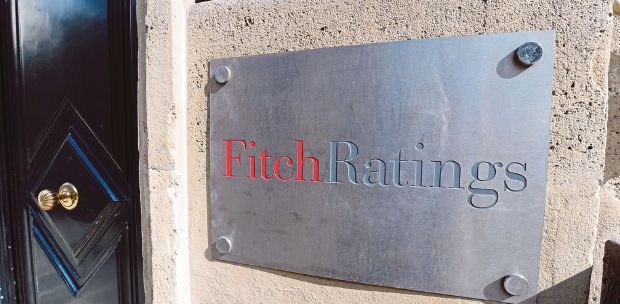KUALA LUMPUR: Sukuk continues to be an important financing mechanism in markets like Malaysia, Indonesia, Turkiye, Pakistan and the Gulf Cooperation Council (GCC), even though its usage has somewhat decreased from the previous year, according to Fitch Ratings.
Sukuk accounted for 40 per cent of issuance in US dollars, down from 41.6 per cent in 2022, according to the capital market business, although representing only 29 per cent of debt capital market issuance across all currencies, a little down from 35 per cent in 2022.
"Funding cost advantages of issuing sukuk or bonds for issuers vary as relative pricing can fluctuate in either direction.
"However, sukuk typically helps issuers broaden their investor base to include Islamic banks in the GCC and other key Islamic finance markets," it added.
Fitch Rating said the periods of weaker correlation may be partly due to the limited secondary-market liquidity of sukuk, attributable to the buy-and-hold nature of most Islamic investors, particularly Islamic banks.
"Sukuk pricing could incorporate market developments more slowly than bonds, which are generally traded more actively.
"Moreover, sukuk supply remains much lower than demand, and Fitch expects this imbalance to persist in the medium term," it noted.
Additionally, the firm said sukuk and comparable bonds were priced at similar levels, and price moves were highly correlated throughout 2023 and will likely trend this year.
It said any developments that could alter the credit risk profile of Sukuk, including sharia matters, could affect future correlations.
"We have studied the pricing of 50 sukuk and bonds issued by the same entities from the GCC, Indonesia, and Turkiye.
"Over 70 per cent of the sukuk issued were by governments. From 2019 to mid-February 2024, sukuk and bonds generally had a strong pricing correlation, averaging around 0.9 out of 1 based on yield-to-maturity," Fitch Ratings added.
The company said that these measures partly indicate investors' views on the credit risk associated with sukuk and bonds.
However, they also highlight the ongoing challenge of limited, directly comparable sukuk and bonds in terms of payment priority, issuance timing, maturity duration, and currency denomination from the same issuer.
In 2023, the credit profile of Fitch-rated sukuk issuers remained steady, with roughly 80 per cent of issuers holding investment-grade ratings.





